Keywords: Jewish
There are more than 24 results, only the first 24 are displayed here.
Become a subscriber for more search results.
-

ARTS AND CULTURE
- Peter Craven
- 31 January 2025
Somewhat surprisingly, actor Josh Brolin is, in his way a born writer. In his new memoir, he succeeds in taking conversations of the most ordinary kind and bringing them to life, recounting oddly spellbinding encounters with figures like Cormac McCarthy, conjuring up the voices in narrative brimming with humour, vulnerability, and grace.
READ MORE 
-
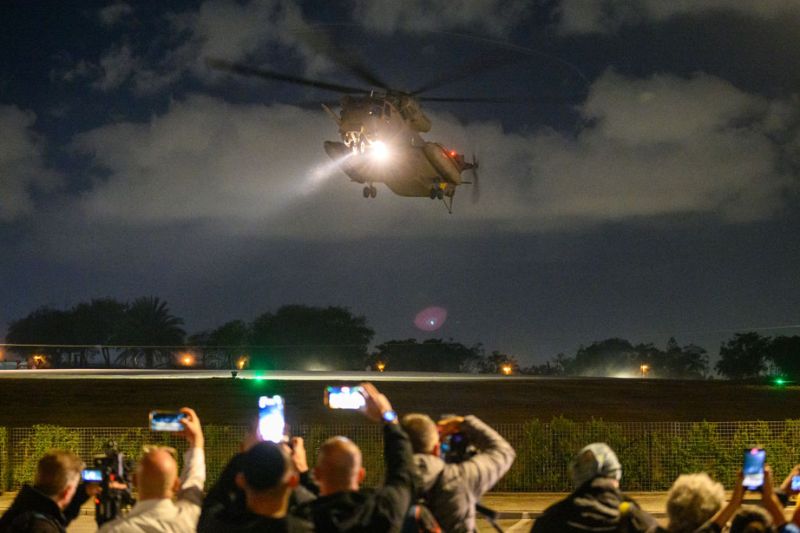
INTERNATIONAL
- Ran Porat
- 30 January 2025
In a negotiated truce, Israel and Hamas have ended a conflict that raged for over a year, since Hamas’ attack on October 7, 2023. As hostages are exchanged with Palestinian prisoners, hopes flicker across a battered region bracing for precarious next steps. But can the truce hold amid vague terms, fragile politics, and Gaza’s looming reconstruction?
READ MORE
-

INTERNATIONAL
- Jim McDermott
- 16 January 2025
In Los Angeles, wildfires blur the line between disaster and daily life. Evacuation alerts, smoke-filled horizons, and neighborhoods turned to ash coexist with packed restaurants and holiday plans. As the fires rage on, one question persists: is this the new normal?
READ MORE
-

ARTS AND CULTURE
- Juliette Hughes
- 18 December 2024
In a year defined by uneven cultural offerings, books stood tall while cinema faltered and television treaded water. From Alexander Armstrong’s enchanting Evenfall to Patricia Briggs’ mystical Winter Lost, the literary landscape offered gems aplenty. Meanwhile, Netflix’s Mary proved a thunderous flop, and Barbie charmed in pink. Let the debates begin.
READ MORE
-
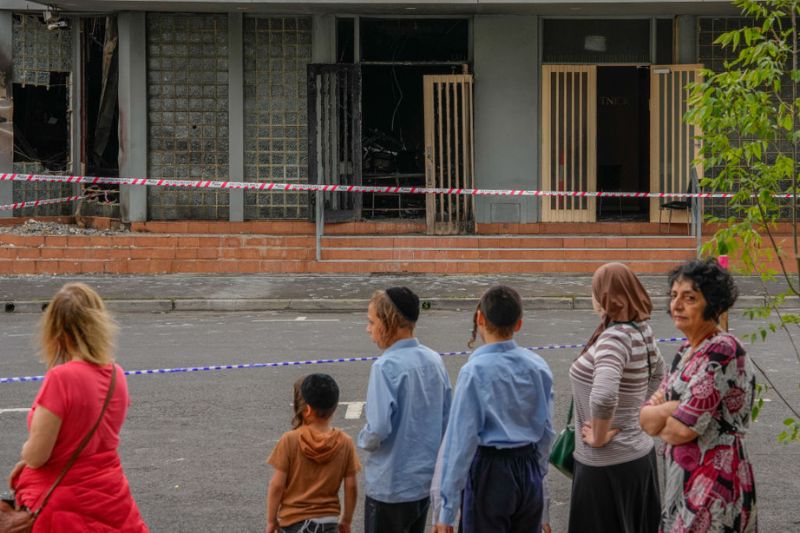
AUSTRALIA
- Andrew Hamilton
- 12 December 2024
The firebombing of Melbourne's Adass Israel Synagogue is a profound tragedy, reflecting the weight of historical hatred and contemporary tensions. Amid global grief and anger, this act of antisemitism compels us to reflect on the shared humanity of all people and the urgent need for peace, understanding, and ethical leadership.
READ MORE
-
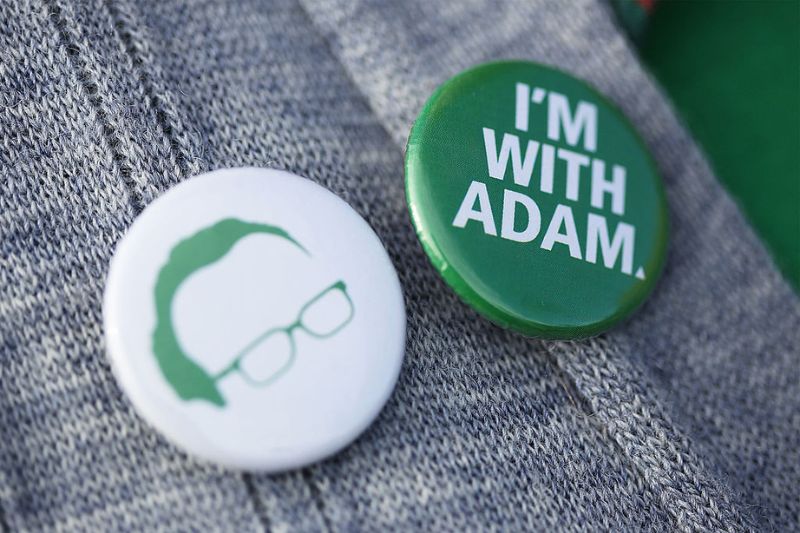
AUSTRALIA
- Erica Cervini
- 25 November 2024
4 Comments
Once seen as the champions of climate action and progressive politics, the Greens are now grappling with internal chaos, falling poll numbers, and a disillusioned voter base. From controversies over identity politics to disputes about housing and Middle East policies, the party is facing a critical question: What do they stand for today?
READ MORE
-
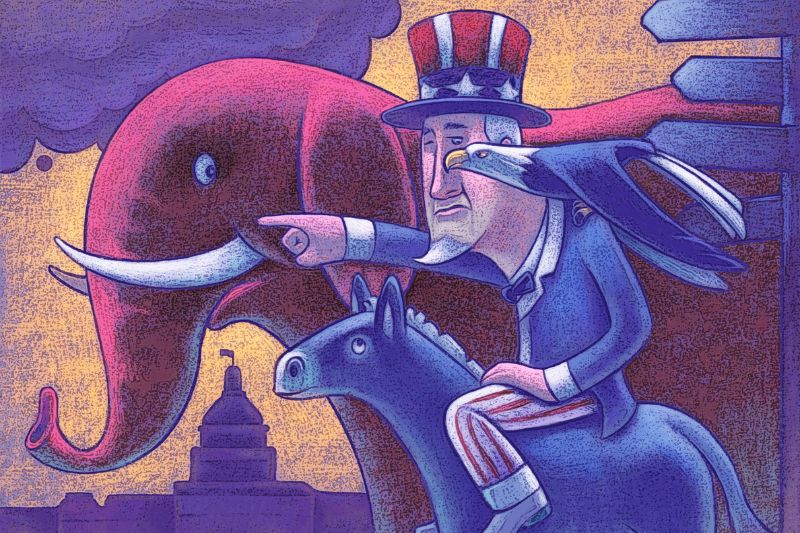
INTERNATIONAL
- Andrew Hamilton
- 21 November 2024
5 Comments
As Australia watches the U.S. navigate its Trump-era transition, we wait in uncertainty. Any interregnum period is a time for rethinking, for wondering about our own nation, and not just for focusing on another. It is a time to rethink what we have taken granted about what is for the good of Australian society.
READ MORE
-

ARTS AND CULTURE
- Peter Craven
- 08 November 2024
Al Pacino is an actor we’re inclined to take for granted, given his presence in some of the greatest popular films of the last half century, not least his Michael Corleone in Coppola’s Godfather trilogy, which revealed an actor of extraordinary stature. Sonny Boy is a consistently diverting and illuminating book by a man who has little pomp and circumstance about him.
READ MORE 
-
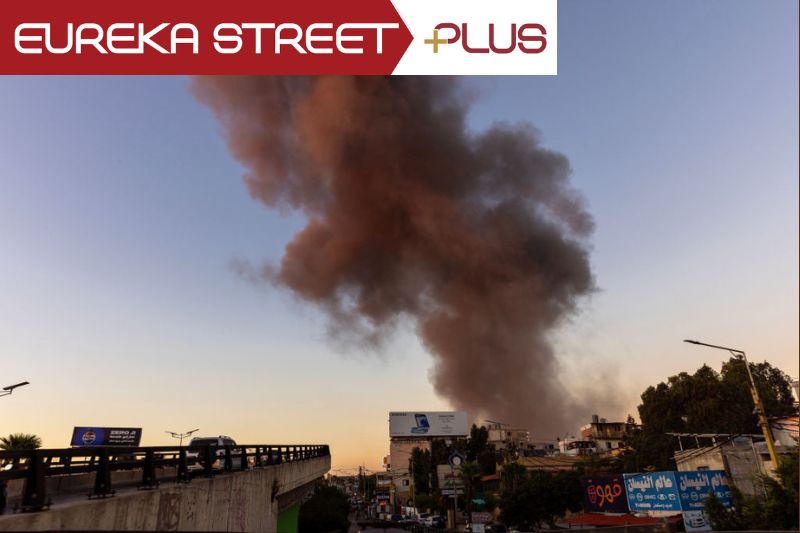
INTERNATIONAL
- Ken Haley, David Halliday
- 31 October 2024
1 Comment
In the most bitter of election seasons in America, thousands of votes will be won and lost by seeking to protect the civil rights of Israelis and Palestinians alike, although any kind of lasting peace will require greater effort than any U.S. political party has yet devoted to it.
READ MORE 
-

AUSTRALIA
- Andrew Hamilton
- 30 October 2024
2 Comments
The traditions of All Saints Day and All Souls Day invite a rare reflection on death — a topic largely sidelined in contemporary Australia. Amid global events and various cultural spectacles, these days offer a quiet reminder to consider how we honour the dead and what that reveals about our values.
READ MORE
-
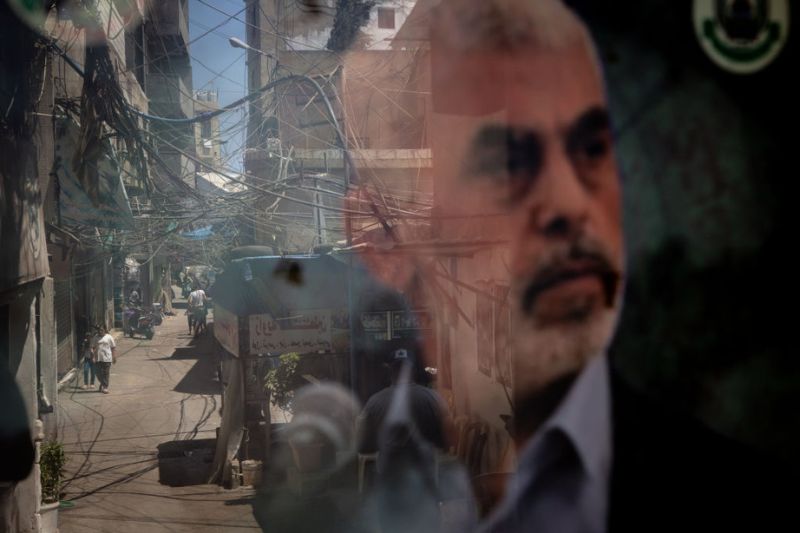
INTERNATIONAL
- Binoy Kampmark
- 23 October 2024
2 Comments
The death of Hamas leader Yahya Sinwar, architect of the October 7 attacks on Israel, has been hailed by Israeli and U.S. leaders as a significant victory and a turning point in the Gaza conflict. But as strikes continue, history suggests such assassinations often fuel further conflict, not lasting peace.
READ MORE
-
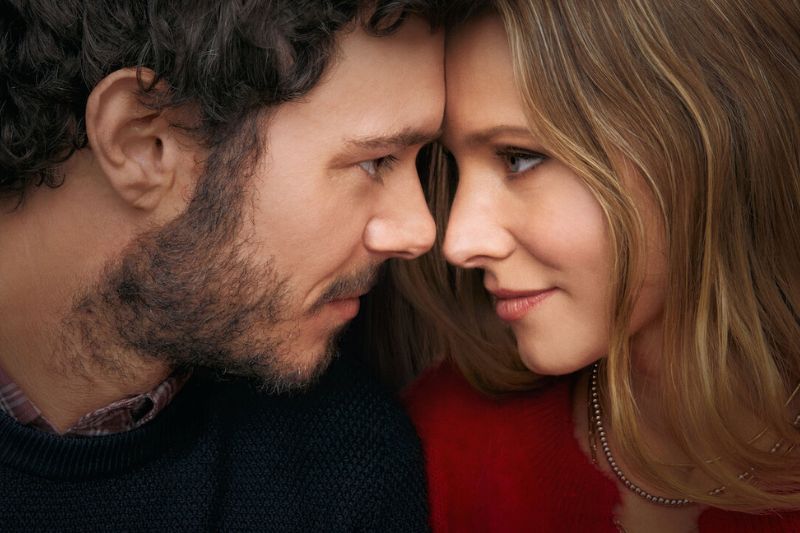
ARTS AND CULTURE
- Juliette Hughes
- 10 October 2024
I wish I could tell you why Nobody wants this is so funny without giving spoilers. Add to that the real tenderness between the two lovers, and you’ve got something unusual: a believable romance, funny and sometimes surprisingly honest with little moments of humility and vulnerability.
READ MORE